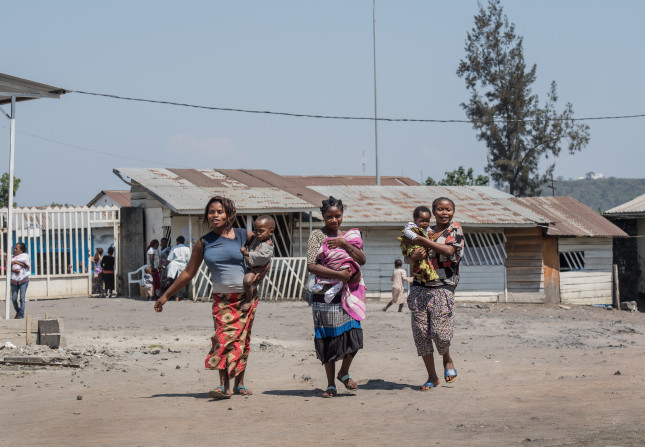-
Humanitarian Challenge: Amping up Urban Response to COVID-19 in Central America
›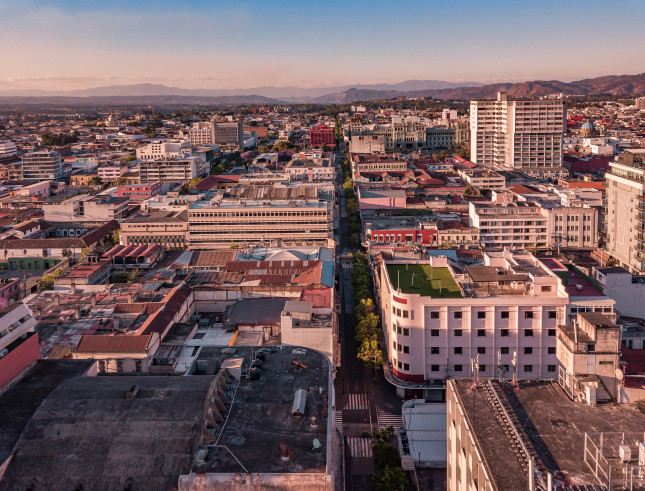
On May 6, Médecins Sans Frontières (MSF) announced it had started to treat COVID-19 patients in Tijuana, in northwestern Mexico. Tijuana, which is on the border with San Diego, has the greatest number of cases in Mexico and one of the highest death rates.
“We will be providing support to health institutions [by] relieving the hospital burden in Tijuana,” said Maria Rodríguez Rado, MSF’s COVID-19 Emergency Response Coordinator in Mexico, according to the group’s website. “Through this support, we want to relieve the enormous workload of health workers who are responding to this pandemic and help alleviate the suffering of patients.”
The move is welcome. Across Central America, megacities such as Guatemala City, Tegucigalpa in Honduras, and Managua in Nicaragua are vulnerable to the rapid spread of COVID-19.
-
COVID-19 Shines Spotlight on Race and Gender Inequities in Healthcare
›
“While COVID-19 has wreaked havoc the world over, history has proven, and recent data agrees that the hardest hit will be the world’s women and girls and populations already impacted by racism and discrimination,” said Sarah Barnes, Project Director of the Maternal Health Initiative and Women and Gender Advisor at the Wilson Center, at a recent event on the impact of COVID-19 on race and gender inequities. Coronavirus has hurt women and girls in many ways. Among them, women have been pushed back into the home. And healthcare workers and caregivers who are mostly women are jeopardizing their own health, caring for others.
-
Navigating Land and Security When Climate Change Forces People to Relocate
›
At an event organized by the Coalition of Atoll Nations on Climate Change in December 2019, Tabitha Awerika, 21, from Kiribati, urged world leaders to listen to the climate science and to the pleas of those living in the South Pacific. “I will not leave the lands of my ancestors,” she said. “I will not abandon my motherland. I refuse to leave the only place I call home.”
-
Local Solutions Needed to Stem Humanitarian Crisis in Central America’s Dry Zone
›
As the humanitarian community responds to the Covid-19 pandemic, other long-term pressing priorities persist and require innovative solutions. The dry zone which extends across Central America encompassing parts of Guatemala, Honduras, El Salvador, and Nicaragua and a 10-year drought has left 1.4 million people in urgent need of food assistance. The impact of climate change, which includes extreme drought, poses an ever-increasing risk across Central America and contributes not only to food insecurity but also to migration issues that have plagued the continent in recent years.
-
Migrant Workers in India: Insecurity in the Time of Coronavirus
›
“The only certainty is uncertainty,” Pliny the Elder reportedly said. Though all historical times are full of uncertainties, some seem more so than others. This is one of those times.
A major slowdown of the Indian economy was brewing and completely spilled over when I got to India in September 2019 to start my dissertation fieldwork on Indian women construction workers’ experiences and conceptualizations of Human Security. Wages stagnated. Consumer spending fell. Construction, real estate, and other industries were sent reeling. Construction workers’ livelihoods were teetering on the brink. Uncertainty became the backbone of their existence.
-
Paying for the Spout: Innovative Financing Could Expand Access to Water
›Water Security for a Resilient World // March 2, 2020 // By Wania Yad, Amanda King, Kelly Bridges & Thomas Boynton
Safe water, sanitation, and hygiene (WASH) are vital for human well-being. However, 1 in 3 people (approximately 2.2 billion) still lack safe drinking water, 4.2 billion do not have access to safely managed sanitation services, and 829,000 people die annually from unsafe water and related sanitation and hygiene around the world.
-
It’s Time We Think Beyond “Threat Multiplier” to Address Climate and Security
› If you have even a passing familiarity with the climate and security literature, you undoubtedly have come across the phrase “threat multiplier.” The phrase conveys the idea that climate change intersects with other factors to contribute to security problems. It’s used as short-hand to avoid the charge of environmental determinism, that climate change somehow on its own causes negative security outcomes.
If you have even a passing familiarity with the climate and security literature, you undoubtedly have come across the phrase “threat multiplier.” The phrase conveys the idea that climate change intersects with other factors to contribute to security problems. It’s used as short-hand to avoid the charge of environmental determinism, that climate change somehow on its own causes negative security outcomes.The 2007 CNA Military Advisory Board (MAB) report on climate security introduced this formulation and, at the time, it served the purpose of recognizing that there is a link between climate change and security. But research on climate security has progressed and so must our framing of the risks and needed interventions.
-
Family Planning in Humanitarian Settings is Achievable and Effective
›
“Family planning saves lives, even in times of crisis,” said Gwen K. Young, Managing Director at the Global Emergency Response Coalition at a Wilson Center event on October 8 on the importance of providing family planning and reproductive health services in humanitarian settings. Speakers from Save the Children, CARE, the International Rescue Committee, and FP2020 spoke to programmatic successes, innovative solutions, and local partnerships in fragile settings. Young highlighted that 1 in 70 people worldwide need humanitarian assistance and a quarter of these are women and girls of reproductive age. All told, more than 30 million women and girls in 42 countries.
Showing posts from category humanitarian.


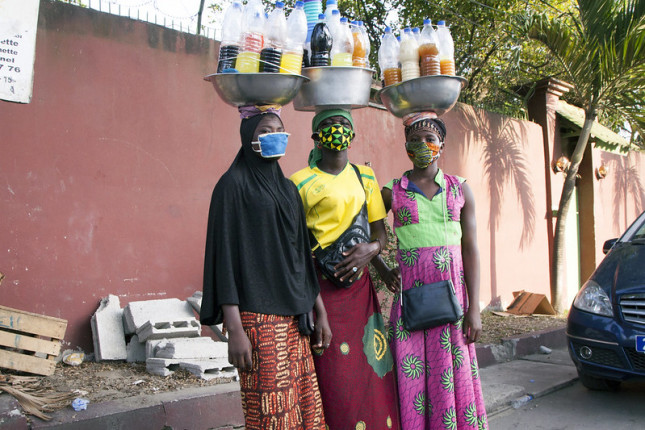
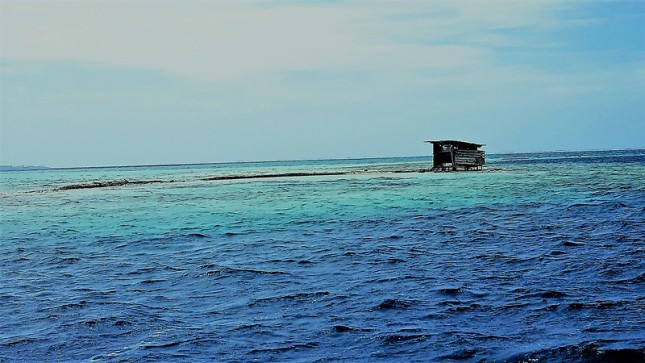
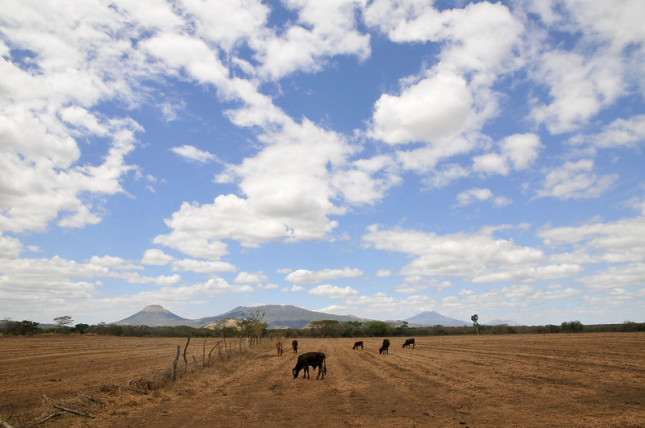
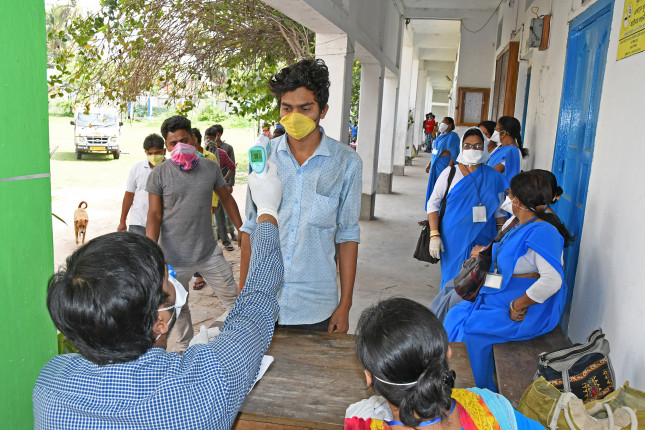
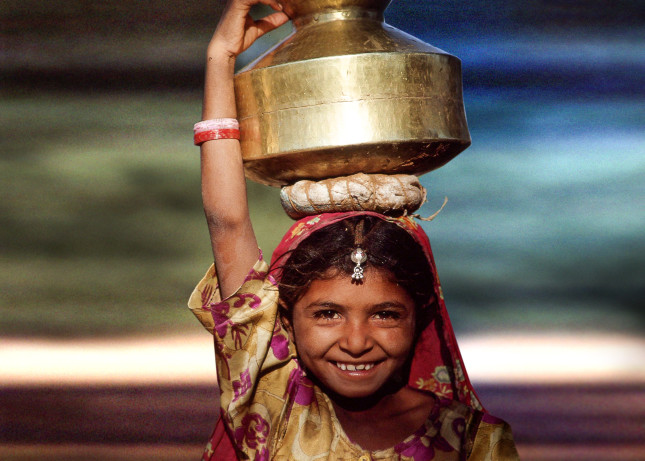
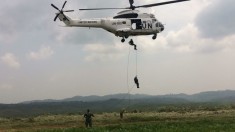 If you have even a passing familiarity with the climate and security literature, you undoubtedly have come across the phrase “
If you have even a passing familiarity with the climate and security literature, you undoubtedly have come across the phrase “